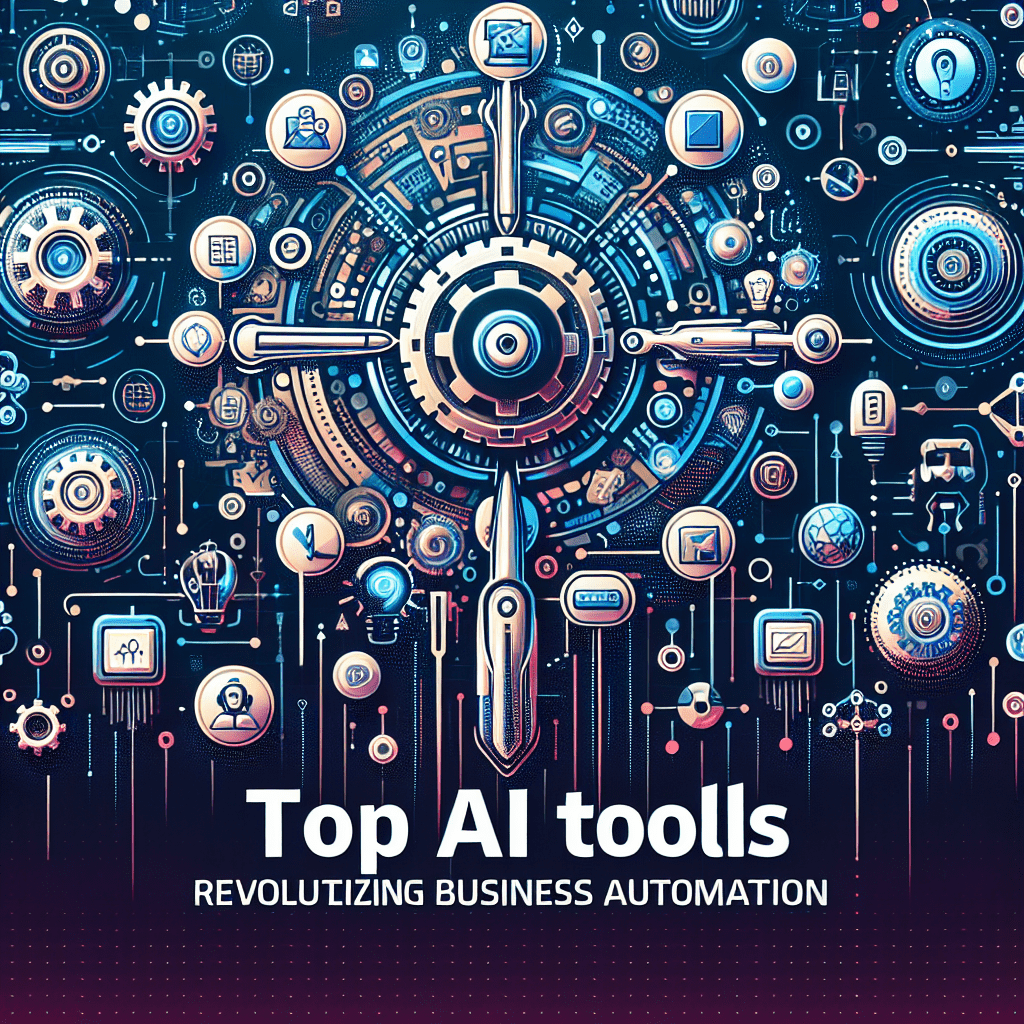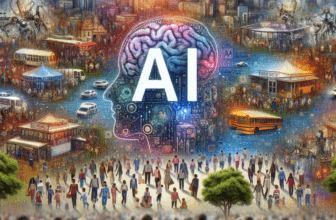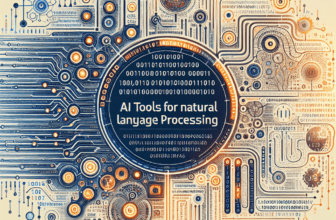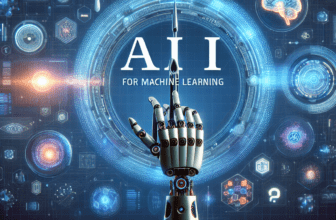
[ad_1]
In 2023, Artificial Intelligence (AI) has sharply transitioned from a buzzword into a critical foundation of business automation across various industries. Companies striving for efficiency, accuracy, and scalability are increasingly turning to AI tools, revolutionizing how tasks are accomplished and setting new benchmarks in operational excellence. Here is an in-depth look at the 7 top AI tools that are reshaping the landscape of business automation this year.
### 1. ChatGPT by OpenAI
**Website: [OpenAI](https://openai.com)**
Starting with perhaps the most talked-about innovation, ChatGPT by OpenAI. This AI tool has democratized access to advanced natural language processing capabilities. ChatGPT can engage in human-like conversations, answer questions, draft emails, and even generate content on demand. The adaptability of ChatGPT means it can be deployed for customer support, content creation, and even as a personal assistant, greatly reducing the workload on human teams and increasing efficiency.
The underlying technology, GPT (Generative Pre-trained Transformer), has been trained on a diverse pool of internet text, enabling it to understand and generate language with remarkable accuracy. Businesses are leveraging ChatGPT to automate customer service chatbots, generate reports, and even draft code, showcasing its versatility and power in automating complex tasks.
### 2. IBM Watson
**Website: [IBM Watson](https://www.ibm.com/watson)**
IBM Watson represents a suite of AI tools for businesses, blending advanced natural language processing, machine learning, and data analysis in a powerful package. Watson is engineered to understand the nuances of human language, sift through vast amounts of data, and provide insights and answers that help businesses make informed decisions.
From health care, where Watson assists in diagnosing and suggesting treatment plans, to finance, where it can analyze market trends and predict stock movements, IBM Watson’s impact on business automation is profound. It streamlines operations, enhances decision-making, and offers personalized customer experiences through its ability to process and analyze data at an unprecedented scale.
### 3. Google Cloud AI
**Website: [Google Cloud AI](https://cloud.google.com/products/ai)**
Google has long been a front-runner in the AI domain, and its suite of AI tools under Google Cloud AI is bringing the power of machine learning and natural language processing to businesses of all sizes. Tools such as Vision AI, for image recognition and categorization, and Natural Language AI, for sentiment analysis and content classification, are automating tasks that once required extensive human intervention.
Retail businesses use Vision AI for inventory categorization and management, while service-oriented businesses employ Natural Language AI to understand customer feedback and improve service delivery. The scalability of Google Cloud AI makes it a favorite among startups and established companies alike, ensuring they can leverage AI capabilities as they grow.
### 4. Salesforce Einstein
**Website: [Salesforce](https://www.salesforce.com/products/einstein/overview/)**
Salesforce Einstein is revolutionizing CRM with its AI-powered predictions, recommendations, and insights. As part of the Salesforce ecosystem, Einstein seamlessly integrates with the company’s cloud-based software, automating tasks such as data entry, lead scoring, and even predicting which sales leads are most likely to convert.
These capabilities free sales and marketing professionals from routine tasks, allowing them to focus on strategic initiatives. Furthermore, Einstein’s ability to personalize customer interactions in real-time enhances customer satisfaction and loyalty, proving that AI can humanize rather than depersonalize business processes.
### 5. UiPath
**Website: [UiPath](https://www.uipath.com)**
UiPath stands at the forefront of Robotic Process Automation (RPA), a critical aspect of business automation that involves creating software robots to handle repetitive tasks. UiPath’s platform enables businesses to design, implement, and monitor bots that can perform a wide range of functions, from processing invoices to managing email communications.
The strength of UiPath lies in its user-friendly interface and the ability to integrate with a vast ecosystem of applications and systems. This ensures that even those without coding expertise can leverage AI to automate their operations, democratizing access to these technologies.
### 6. Microsoft Azure AI
**Website: [Microsoft Azure AI](https://azure.microsoft.com/en-us/overview/ai-platform/)**
Microsoft Azure AI is a comprehensive suite of AI services and cognitive APIs that empower developers and businesses to build intelligent applications without needing in-depth AI expertise. Services like Text Analytics for sentiment analysis, Azure Bot Services for creating conversational AI interfaces, and Computer Vision for analyzing visual content are part of Azure’s AI ecosystem.
Businesses in finance are using Azure AI for fraud detection, while those in healthcare utilize it for patient diagnostics and predictive analytics. Microsoft’s investment in making AI accessible and scalable ensures Azure AI remains a key player in business automation.
### 7. TensorFlow by Google
**Website: [TensorFlow](https://www.tensorflow.org)**
Lastly, TensorFlow, Google’s open-source machine learning framework, is a favorite among researchers and developers for building and deploying AI models. Its flexible architecture allows for easy deployment of computation across various platforms (CPUs, GPUs, TPUs), making it suitable for both research and production.
Businesses use TensorFlow for a wide range of automation tasks, from product recommendation systems to predictive maintenance and anomaly detection in manufacturing processes. Its robust community and extensive resource library mean businesses can leverage cutting-edge AI research to solve real-world problems.
### Conclusion
The seven AI tools highlighted here are just the tip of the iceberg but represent the best in class for business automation in 2023. From conversational AI to predictive analytics and robotic process automation, these tools are reshaping how businesses operate, making them more efficient, scalable, and capable of delivering unprecedentedly personalized customer experiences.
As these AI technologies continue to evolve, the potential for innovation and automation in business processes is boundless. Businesses embracing these tools today are not just positioning themselves for success now but are also paving the way for a future where AI-driven automation is the backbone of operational excellence.
[ad_2]







